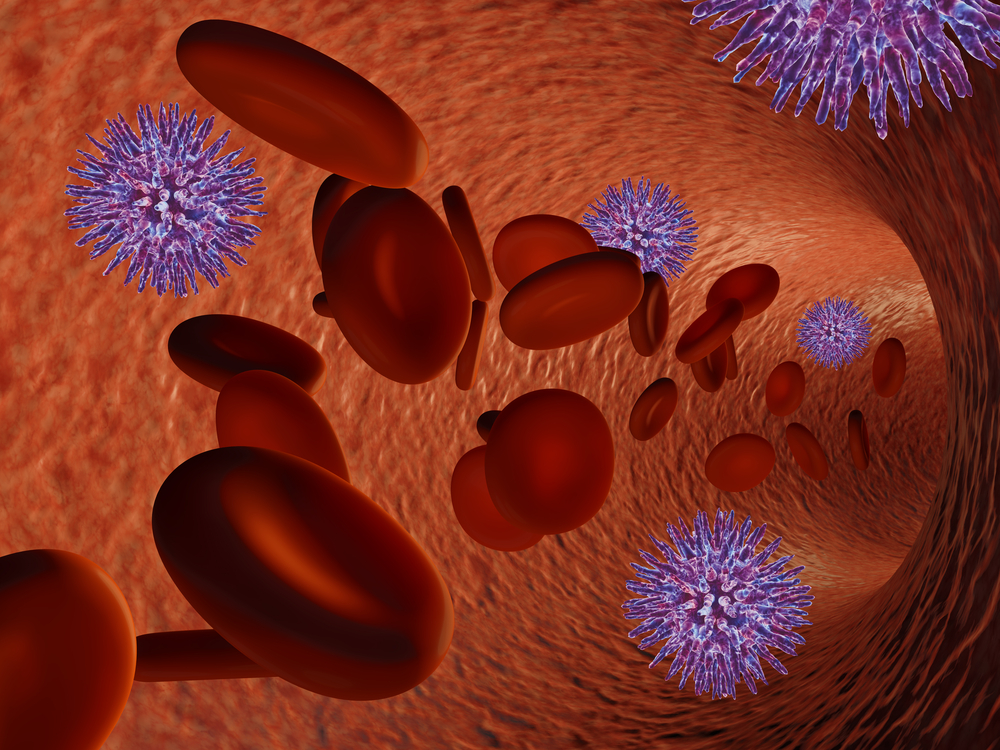Results from a recent study published in the journal Thyroid revealed that in patients undergoing chronic hemodialysis for kidney disease serum levels of selenoprotein P are decreased while the thyroid hormone profile remains unaltered.
Selenoprotein P is the only known eukaryotic selenoprotein that contains multiple selenocysteine (Sec) residues. It is a secreted glycoprotein often found in the plasma and contains two domains: the C terminal and N terminal domain,the latest allowing conservation of whole body selenium and supplying selenium to the kidneys.
In the study entitled “Chronic Kidney Disease Distinctly Affects Relationship Between Selenoprotein P Status and Serum Thyroid Hormone Parameters”, Walter Reinhardt, MD, of the department of nephrology at the University Hospital Essen in Germany, and colleagues conducted a prospective evaluation of 180 patients who presented to the outpatient nephrology department of the University Hospital Essen for further evaluation of apparent kidney disease.
Participants included patients in stages 1 through 5 of chronic kidney disease, which were examined for clinical data, renal function, serum TH profile (thyrotropin, T4, free thyroxine [fT4], T3, free triiodothyronine (fT3), rT3, thyroxine-binding globulin [TBG]), C-reactive protein (CRP), and serum SePP. The researchers also evaluated 70 patients on chronic hemodialysis treatment three times per week for an average of 3.4 years.
Results revealed that in CKD patients renal function was negatively associated with SePP concentration, which means that SePP concentrations increased in more advanced CKD stages. In contrast, significantly lower SePP concentrations were found in patients on hemodialysis than in CKD patients. The team also found that in CKD patients SePP concentration was negatively associated with T4 and fT4 concentrations, but no association was found with T3, fT3, rT3, T3/T4, rT3/T3, rT3/T4, or TBG concentrations. SePP concentration was also negatively associated with CRP levels.
“SePP concentrations were found within the reference range in the presence of decreasing T4 and fT4 concentrations,” the researchers wrote. “[Thyroid hormone} degradation to [reverse] T3 seems to be unaffected by SePP status in patients with CKD. Significantly lower SePP values were observed in patients undergoing [chronic hemodialysis], but this is not associated with serum [thyroid hormone] parameters.”

